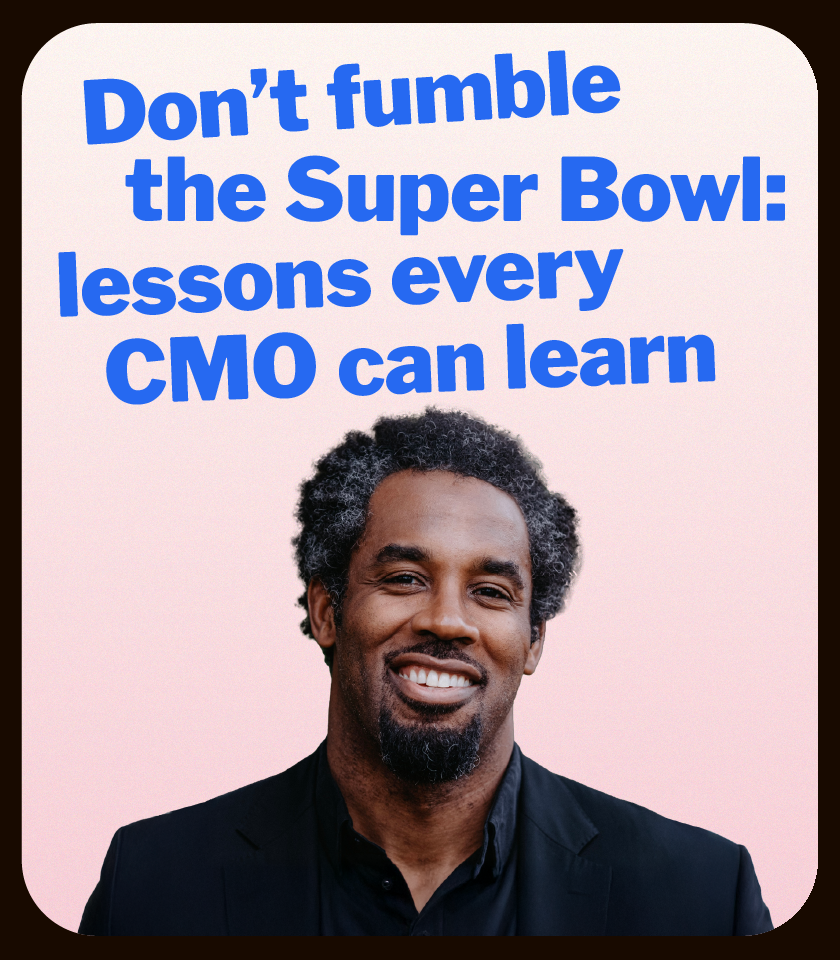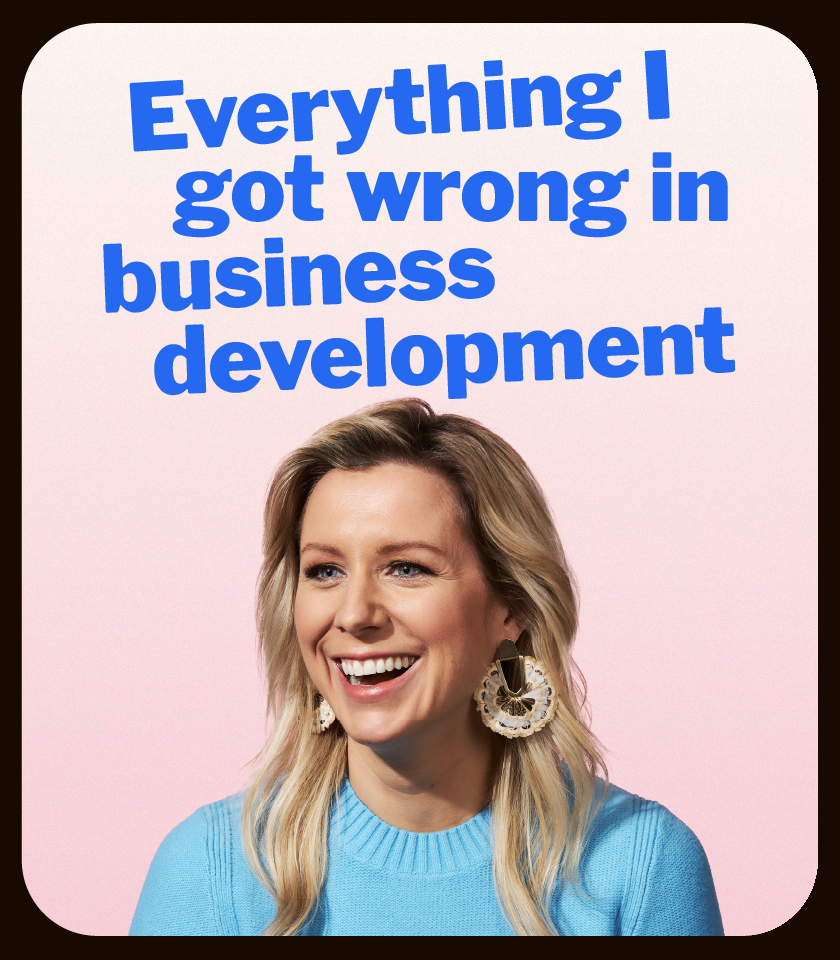The funny thing about innovation is that it has a sort of magnetism that swings between pushing forward into the unknown and pulling back to square one.
Thinking of Clayton Christensen’s Innovator's Dilemma, a lack of change could force you to adjust for fear of irrelevance or worse. On the other hand, too much change (too early or too unstable) could mean rejection by day-one customers or give the wrong impression to an audience you are trying to capture.
When navigating big changes in the market, consider these four concepts before either jumping off the high dive – or timidly walking back down the ladder.
Understanding.
You’ll never know what is changing or what to change if you don’t understand the environment or the problem you are trying to solve. Think: Which swing are we on, and in what direction are we going?
People.
Trying to affect change alone or in a silo can be difficult and even counterproductive. Often it doesn’t matter how right you are about what needs to change. It takes a team of people and their collective buy-in to make change successful. Think: Am I creating a leap of faith for my team, or are we all working together from the same assumptions?
Idea.
It’s one thing to know change is needed, it’s another to know what to do about it. Strong ideas are needed to activate meaningful change. Ideas can be offensive, trying to capitalize on emerging trends, or defensive, trying to solidify a position in a shifting market. Think: How can we accelerate a positive change or get ahead of a negative change before it affects the business?
Execution.
When you have the above pieces in place, your plan may seem foolproof – but that doesn’t matter if you can’t nail the execution. You have to continuously sharpen your understanding, evaluate ideas, and maintain strong personal buy-in from your people to succeed. Think: How do we prioritize what to change, maximize its impact, and love the details?
A final thought is that innovation is omnidirectional.
In this era, change is usually viewed positively as innovation, progress, and a key to success. But change can also be negative.
Consider Peloton, a rocket ship of growth in the heart of the pandemic lockdown. During that time, they had a seemingly perfect alignment of understanding, people, idea, and execution. But change pushed back.
As Peloton grew rapidly by securing customers and capital, it didn’t manage the positive change well. Instead of preparing for the pandemic bubble to burst and using their high-growth learnings to ideate against it, they invested billions in inventory and manufacturing – two largely inflexible facets of their business. Over time, and with the easing of pandemic restrictions, Peloton lost 90% of its market cap as the market swiftly changed around them.
Let’s also consider NVIDIA – which now holds a dominant position in the semiconductor space, challenging and unseating incumbents like Intel. In its early days, NVIDIA was dealt a tough hand: The industry adopted a new product category – severely hurting its existing business. They saw a lot of negative changes on the horizon and found a way to turn them into positives. To survive, they changed their production testing process to be entirely digital (unheard of at the time) – enabling them to shorten an 18-month production cycle to about six months. Not only was the new turnaround time appealing to customers, but it allowed them to test, learn, and innovate faster than their competitors. Long story short: They understood their issue, got their people thinking about how to fix it, found the right idea, and executed it in a way that changed the industry.
Ready or not … change is coming – is your business prepared for a pendulum swing?
Sources:
https://www.hbs.edu/faculty/Pages/item.aspx?num=46
https://www.acquired.fm/episodes/peloton
https://www.acquired.fm/episodes/nvidia-the-gpu-company-1993-2006
https://www.acquired.fm/episodes/nvidia-the-machine-learning-company-2006-2022








